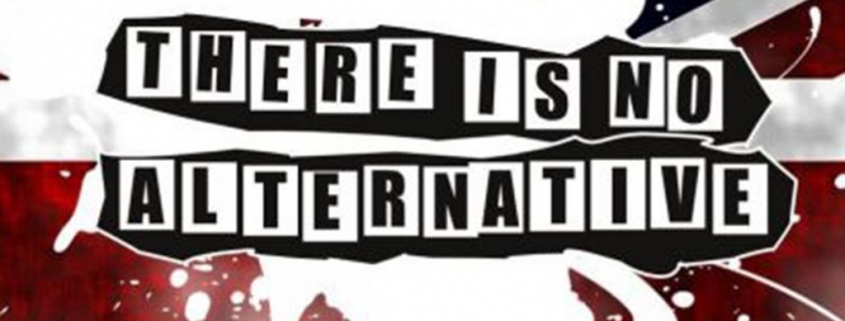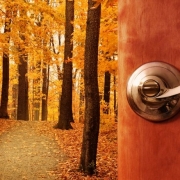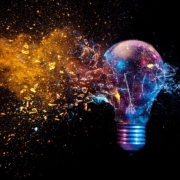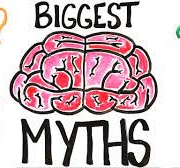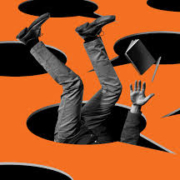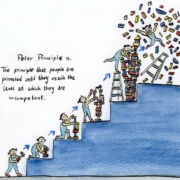THERE IS NO ALTERNATIVE…
There are phrases that have the power not only to leave their mark, but even to stop events. To cut off legs, to take your breath away. One of these is “there is no alternative”
How many times have we heard it and how many times have we even said it ourselves. Frustrated and incapable of looking at the matter or the opportunity from a different perspective.
There is no alternative to policies of austerity, to market opinion, to closing doors, to dictatorship, to unemployment, to suffering, to ignorance. It is also the most common expression used to persuade us to vote for parties that are difficult to vote for, as well as the phrase most loved by tyrants. Of those who need people to not believe that a different society is possible. And that if there were ever an alternative, it would be dangerous.
In the ’80’s it became the favourite slogan of Conservative Prime Minister Margaret Thatcher, who led the United Kingdom from 1979 to 1990. The expression is so common that it has an acronym: T.I.N.A.: there is no alternative.
It is easy to understand why. If there are no alternatives, only one choice is possible. Maybe the one imposed, proposed, submitted. Therefore, we do not even have to bother disproving it. Nailed to the dictatorship of the present, we risk dissolving the space of the possible.
Freeing me from confused thoughts, the Danish philosopher Kierkegaard comes to my aid, by upholding that man becomes what he is as a consequence of his choices. Furthermore, doing without the choice, in the concrete situation of existence, is, in reality, a choice.
“Imagine the captain of a ship the moment a shift of direction must be made. If he is not a mediocre captain, he will also be aware that during all this the ship is ploughing ahead with its ordinary velocity and thus there is but a single moment when it is inconsequential whether he does this or that. So also with a person, if he forgets to take into account the velocity, there eventually comes a moment when it is no longer a matter of an either/or, no because he has chosen, but because he has refrained from it. Which can also be expressed by saying: because others others have chosen for him, or because he has lost himself….”
I think I have no alternative, it does not represent the magnitude of a man, but his permanent tragedy. And it isn’t even a question of trust. Actually, the complete opposite!
La versione italiana:

